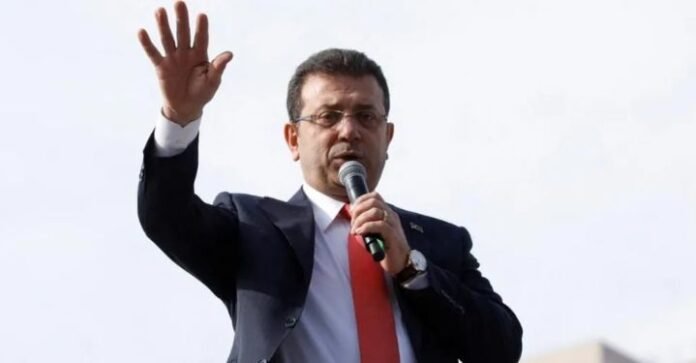The arrest of Istanbul’s Mayor, Ekrem İmamoğlu, has raised alarm bells in Turkey and abroad, particularly as the country heads toward crucial elections in 2025. İmamoğlu, a rising star in the opposition, had emerged as a possible contender to challenge President Recep Tayyip Erdoğan. His sudden arrest, on charges related to the alleged defamation of public officials, has prompted accusations that it is a politically motivated attempt to derail his candidacy.
1. The Arrest: Allegations and Timing
The charges against İmamoğlu, which center around comments he made about public officials, have been met with skepticism, with many observing that the timing of his arrest is highly suspicious. Critics argue that the Erdoğan administration is using its influence over the judicial system to prevent İmamoğlu from becoming a serious threat in the upcoming elections. The accusations date back to statements made by İmamoğlu during his tenure as Mayor of Istanbul, where he was critical of government policies and actions.
2. Political Context in Turkey
Turkey’s political landscape has been dominated by President Erdoğan for nearly two decades, with his Justice and Development Party (AKP) controlling much of the country’s governance. However, in recent years, the opposition has gained significant ground, particularly in major cities like Istanbul. İmamoğlu’s rise to prominence, after his victory in the Istanbul mayoral elections, symbolized a shift in political power, especially in urban centers. His leadership style and rhetoric have attracted widespread support, particularly among younger voters and those disillusioned by Erdoğan’s policies.
3. The Impact on the 2025 Elections
İmamoğlu’s arrest could have significant ramifications for the 2025 elections, with many opposition leaders accusing Erdoğan of attempting to neutralize a potential challenger. Analysts suggest that the arrest may polarize voters even further, with many opposition supporters now viewing the incident as a clear indication of Erdoğan’s increasingly authoritarian approach to governance. This could galvanize the opposition, turning the election into a referendum on Turkey’s democratic future.
4. International Reactions
International observers, including human rights organizations and foreign governments, have condemned the arrest as an attack on freedom of expression and political dissent. The European Union and the United States have expressed concerns about the erosion of democratic norms in Turkey, highlighting that the arrest may further strain Turkey’s relations with the West. Turkey’s reputation as a member of NATO and a candidate for EU membership is also under scrutiny as critics argue that such political repression runs counter to the values Turkey has long espoused.
5. Public Sentiment and Legal Developments
The Turkish public has reacted with shock and concern. Protests have erupted in various cities, calling for İmamoğlu’s release and decrying the arrest as politically motivated. Legal experts believe that İmamoğlu’s arrest might face challenges in court, but the process could take months, potentially derailing his political ambitions in the meantime. The political and legal battle that follows will likely define the public’s perception of the Turkish justice system and the integrity of the electoral process.
6. The Road Ahead for İmamoğlu
Despite the arrest, İmamoğlu’s political future remains uncertain. His supporters have vowed to continue the fight, seeing this as an opportunity to rally further opposition to Erdoğan’s rule. Whether or not İmamoğlu can overcome the legal challenges he faces and maintain his political momentum will be a key issue leading up to the 2025 elections. The developments surrounding his arrest may be the beginning of a larger struggle for the future of Turkish democracy.

